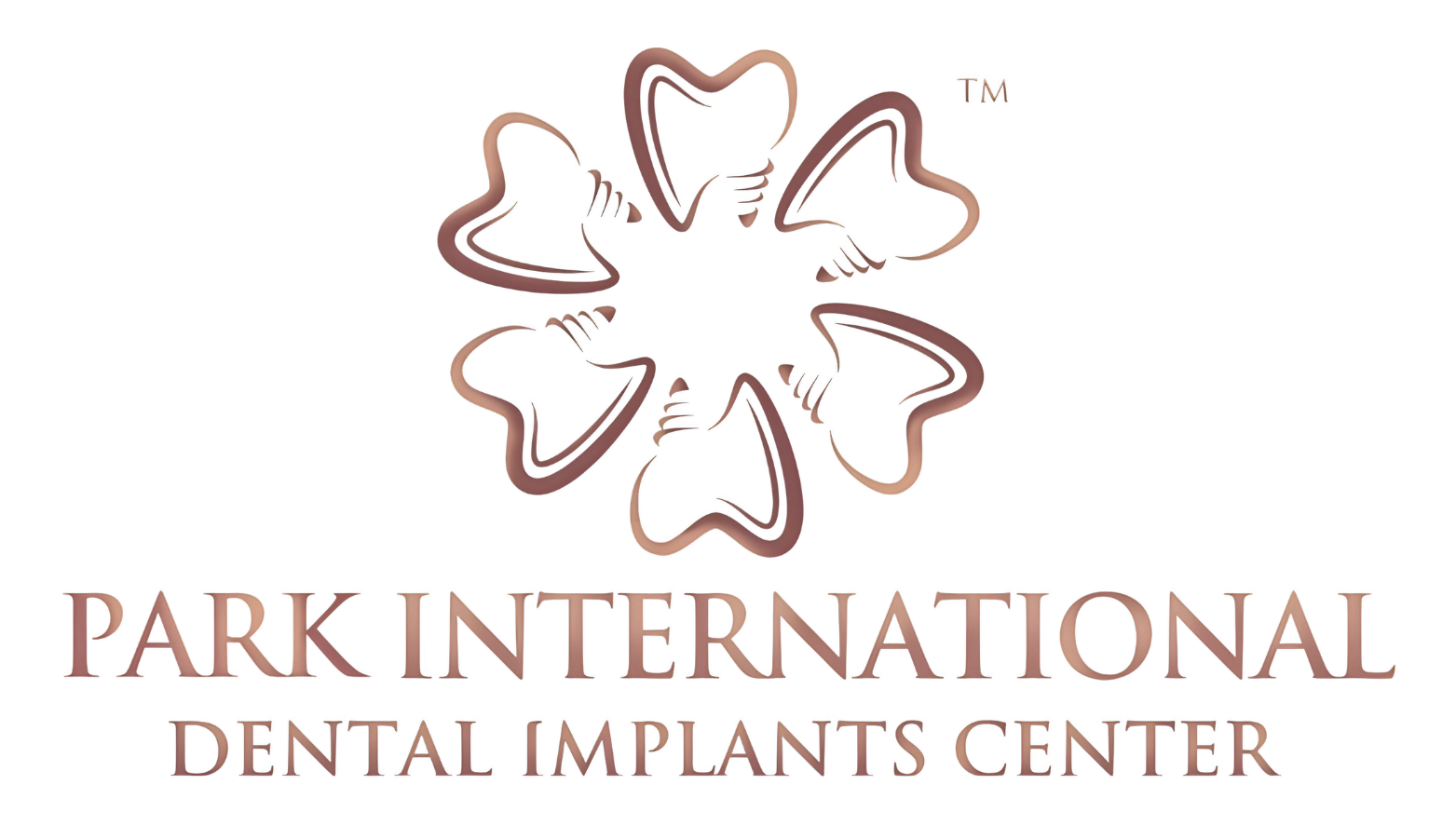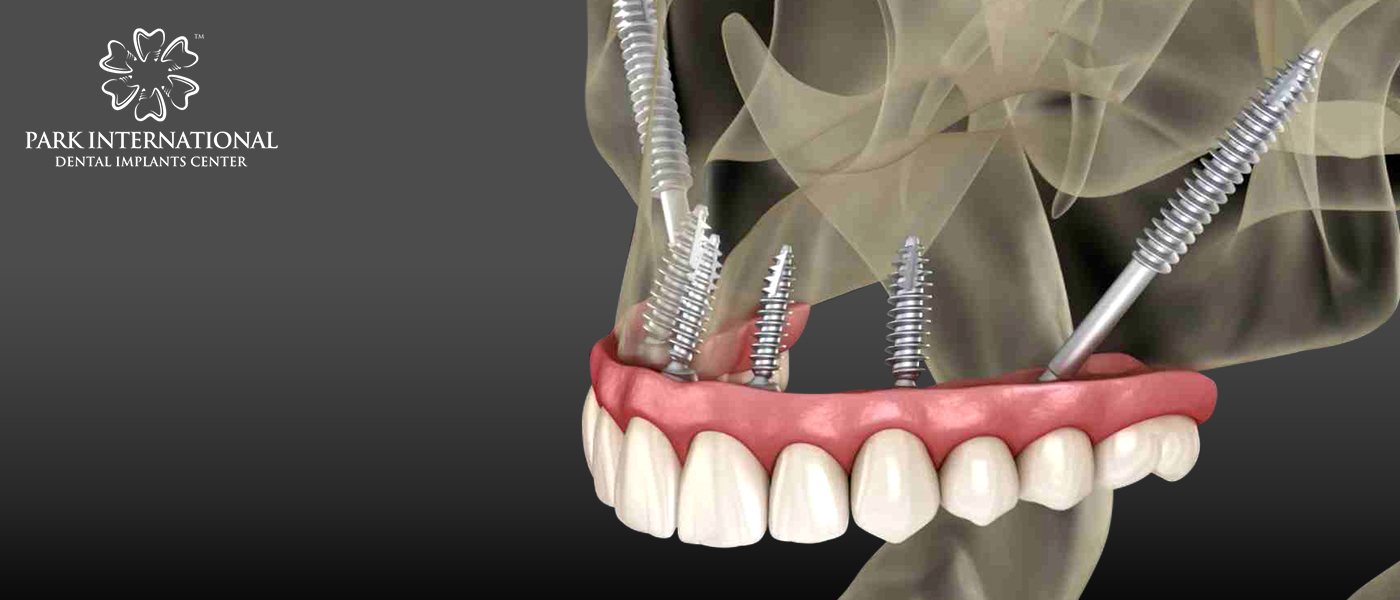What Are Implants Without Bone Graft?
Implants without bone grafting in Hyderabad, India are an advanced dental solution for patients with insufficient jawbone who want to avoid additional surgical procedures. Traditional dental implants often require bone grafting when the jawbone is too weak or thin to support an implant. However, with modern techniques such as zygomatic implants, All-on-4, and angled implants, patients can receive implants without needing a bone graft. These techniques allow implants to be placed in areas with sufficient bone, eliminating the need for grafting and reducing overall treatment time.
Benefits of Implants Without Bone Graft
- Eliminates the need for additional bone graft surgery.
- Reduces overall treatment time and speeds up the implant process.
- Provides a faster recovery compared to traditional implant procedures.
- Lowers the overall cost by avoiding bone grafting expenses.
- Suitable for patients with significant bone loss who were previously ineligible for implants.
- Uses specialized techniques like zygomatic or tilted implants for enhanced stability.
- Allows immediate loading of temporary teeth in some cases.
- Ensures a strong and durable foundation without extensive surgical interventions.
Frequently Asked Questions
1. Who is a good candidate for implants without bone grafting?
Patients with jawbone loss who prefer to avoid bone grafting may be eligible. Techniques such as All-on-4 or zygomatic implants help provide stable support in such cases.
2. How long does the procedure take?
The timeline varies depending on the chosen technique but is generally faster than traditional implants with bone grafting. Some patients may receive temporary teeth immediately.
3. Is the procedure painful?
The surgery is performed under anesthesia, minimizing pain. Some post-surgical discomfort is expected but can be managed with medications.
4. How long do implants without bone graft last?
With proper care, these implants can last a lifetime, with prosthetic teeth needing replacement every 10–15 years.
5. How do I take care of my dental implants?
Regular brushing, flossing, and routine dental visits are essential to maintain implants and oral health.








